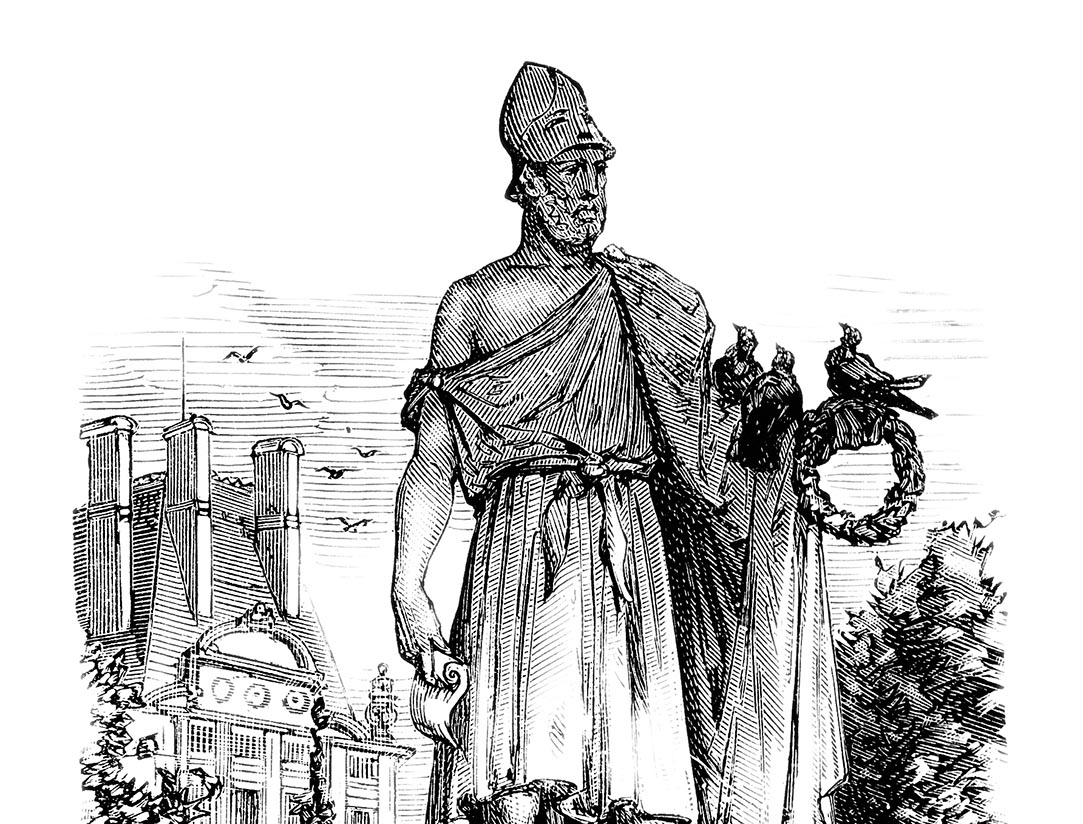This article was originally published on October 30, 2017. In it, education leader Bill Jackson recounts a lesson about character he has never forgotten.
I don’t remember much of 6th grade other than the day Mr. Kastroll cancelled our regular classes and taught an impromptu lesson on character. No math that day. No art or PE. Just lecture, discussion, reflection, and writing on a choice we had made.
Early that morning a 5th-grade girl had been physically bullied by another 5th grader. A 5th-grade matter, you might say, but the problem was that many of us in the 6th grade had seen the incident—and we had done nothing about it.
The girl who had been bullied was injured and upset. Mr. Kastroll was livid.
How could we possibly have seen this and done nothing, he wanted to know. He didn’t ask us this question just once or twice and then let the matter slide. As I recall it, he lectured us for more than an hour about our individual and collective failure.
I also recall that it didn’t feel like a lecture in the traditional sense. The talk he gave us, along with the reflective writing and discussions we did, felt more like a punch in the gut.
Mr. Kastroll wanted us to see that moment as a test of character that we had failed. He wanted us to know that failing to act in the face of injustice perpetrated by others is itself an injustice. We were to think of ourselves as defenders of justice and kindness and safety on our school campus, he told us. Inaction in the face of serious challenges to those norms was hardly better than direct violations of the norms.
I’ve never forgotten this lesson, even if I haven’t always lived up to it.
I think of character as “values made manifest” through human behavior. On the one hand, we hold in our hearts certain aspirations for our behavior. We may aim to be kind, just, and reverent. But how do we bring these aspirations to life through our actions? When other people aren’t watching or when there is a significant price to be paid, what are we really committed to doing?
An old cliché teaches us that character is something more “caught” than taught. From a young age, children are watching their parents and peers for clues about how to behave. They’re absorbing the norms of the community—the virtues and values that that community prizes above all others.
Another old cliché is also true: Character is destiny. There is no more important focus for teachers and parents than character formation.
So ask yourself: what are the norms of my community? Are they what I and others want them to be? And how should the adults who care for students and children collaborate to help them internalize the norms to which we’re deeply committed?
Bill Jackson founded GreatSchools.org, and now leads RaiseReadyKids.com to help parents of children before they reach school age.


